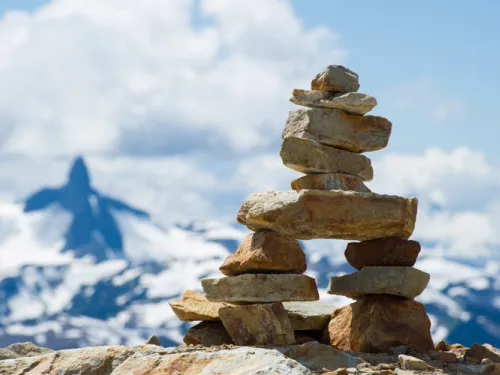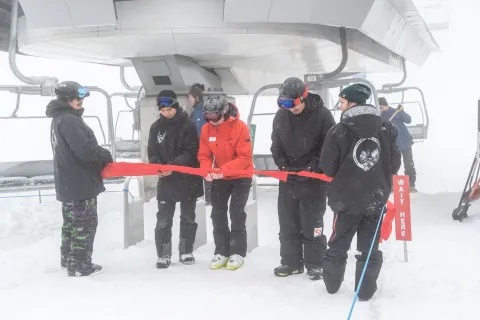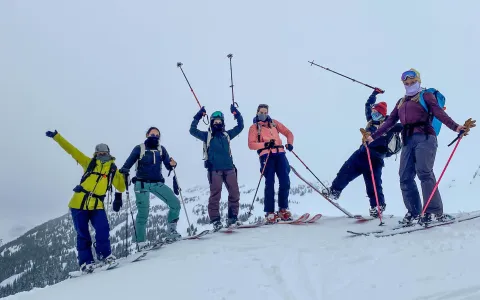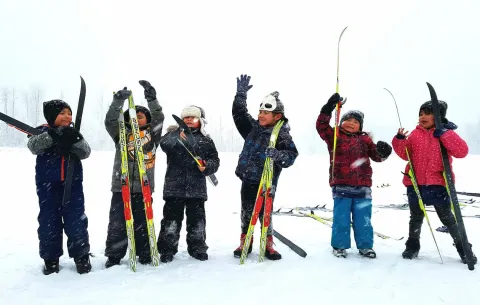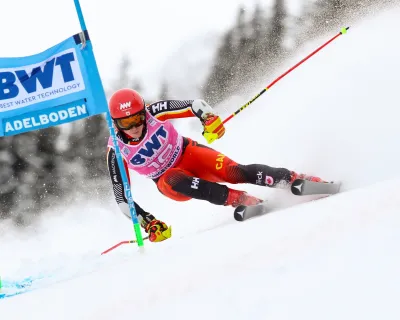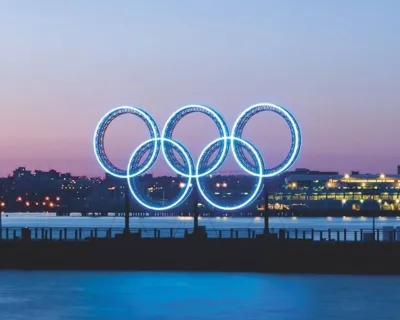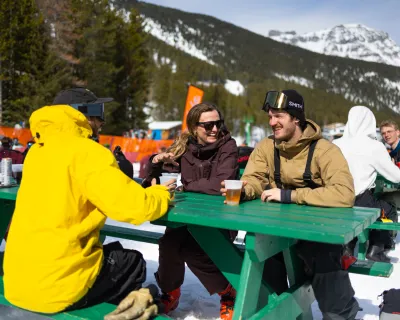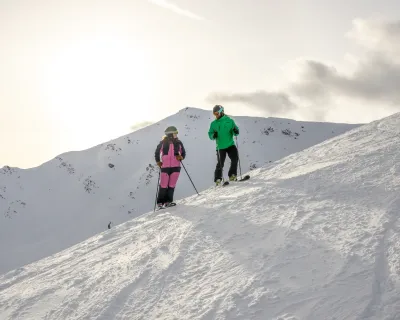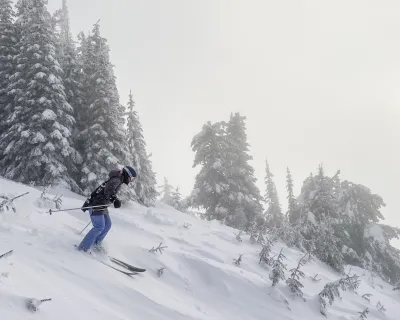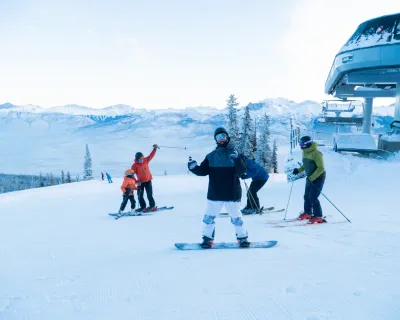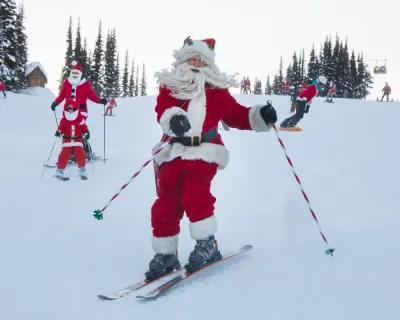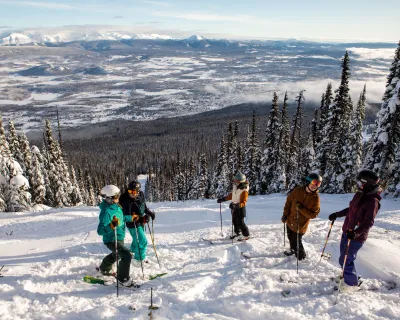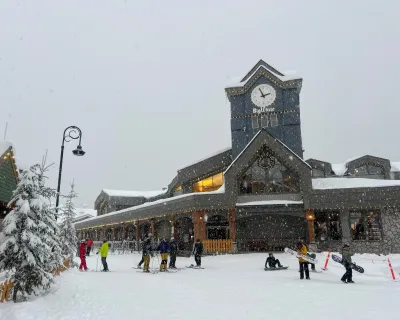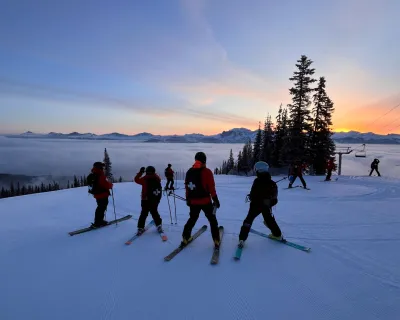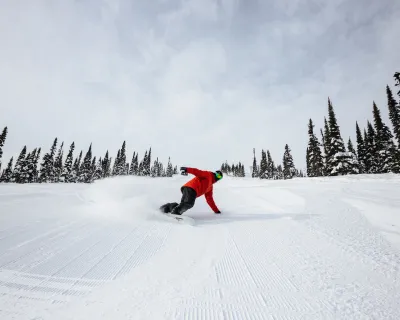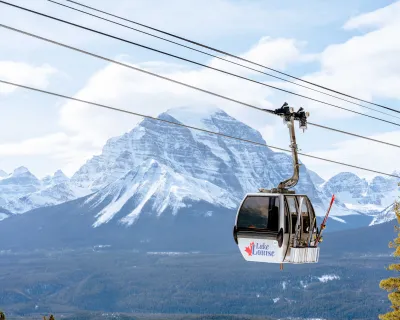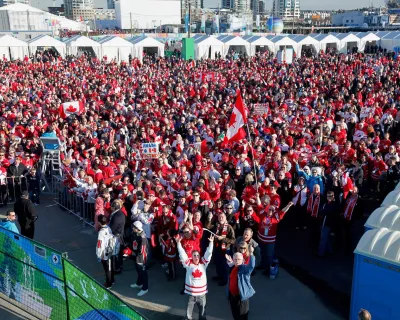
Reinventing the World through an Indigenous Olympic approach
#BC2030
What happens post the pandemic? The question I have been asking is how does one, how does a company, how does a community come out of what we’ve all been through, better. Better, by revisiting traditions and practices that when followed, can preserve the world as the gorgeous place we know - traditions and practices that can help keep winters alive, so we can enjoy the wonder of living in a snow globe. Better in a way that not only builds back better but leaves a legacy that could reinvent the world, through the leadership of Indigenous cultures in the global Olympic movement.
If we're looking to post-COVID, why not take the first step with a world first? February 1, 2022, the Canadian Olympic Committee joined four BC First Nations, the City of Vancouver and the Municipality of Whistler to explore the potential in an Indigenous-led bid to welcome the return of the Winter Olympics to Canada.
We’ve been following this story for a while now considering SnowSeekers was born out of the Winter Olympics in 2010. Seeing the Games return to Canada in 2030 would mean so much to all of us invested in the tourism industry. Particularly in how the Games’ presence here could fuel the engine of Indigenous Tourism in this country.
This is game changing, as now more of us understand the importance of being connected to the land, and the power of sport to transform in a way that the world has never seen.
For Sandy Ward, you can read what it meant to her as a member of BC’s Indigenous snowboard team.
Ward’s now gone on to launch the Indigenous Women Outdoors initiative, as she wrote about here - welcoming women from across her own and other First Nations to heal through backcountry skiing.
Olympic legacies can impact communities in so many positive ways. Ward has taken her Olympic experience and turned it into something very powerful.
Another Olympian, four-time medalist Beckie Scott has turned out something unstoppable. Spirit North is her legacy that now works with hundreds of Indigenous school children to teach them a new connection to the land via Nordic or cross-county skiing.
A decade after our first BC based Winter Olympics in 2010, I’ve watched the rise of Indigenous Tourism across this province with wide eyes. It’s exciting to think about what a 2030 games could mean for these communities and all those looking for a greater connection to the land.
Excited for BC2030? Sign up for our enews to stay tuned.
For former VANOC CEO John Furlong, the challenge now is to get more Canadians to join in this vision, to dream big, to think bigger than ourselves so we can become something dreams are made of.
We @SnowSeekers are certainly ready to take this on the opportunity in a way that will leave you more connected to the slopes, but also connected to the world. Stories that share the vibe but fuel the stoke.
I cannot wait to see what BC, Alberta and the rest of Canada looks like five years from now, knowing that in seven years we could be welcoming the world.
“Tourism opens places and spaces in our hearts, tourism reminds us we are all together,” the Warrior Women teach us. The Alberta-based Indigenous tourism company pose the question on their website, can you hear the heartbeat of Mother Earth? This is a starting place for us all.
What a time to showcase BC’s and our country's connection to the land, home to wide open spaces and ski hills that rip! When that is done in a way that celebrates and further accelerates understanding of Indigenous connections to the land, I believe we are on a path to reinventing the world.
Perhaps not all of it, but if it means we all spend more time outside, while enjoying winter, sign me up!
